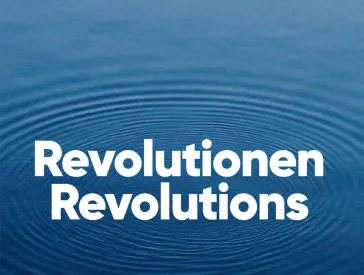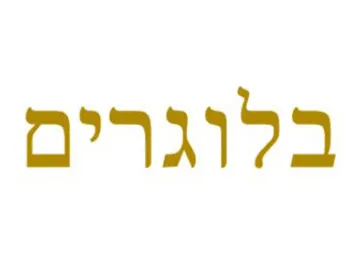Tradition and Revolution: Female Spiritual Leaders
An Interview with Rabba Sara Hurwitz
In 2009 Rabba Sara Hurwitz became the first Orthodox woman to be ordained at the Hebrew Institute of Riverdale. In the same year, together with Rabbi Avi Weiss, she founded Yeshivat Maharat, the first Orthodox seminary to ordain women as clergy—full spiritual and halakhic leaders. Today, Yeshivat Maharat offers a dynamic group of women the opportunity to become ordained clergy within the bounds of halakha. It is not surprising that, when asked about which revolution she admires, Rabba Hurwitz’s answer is: “The women’s liberation movement, especially in the 1960s and 70s, which helped the world come to terms with the notion that 50 percent of the population‒‒women‒‒have equal abilities, talents, and passion to contribute to society.”
We asked her about female spiritual leaders, the #metoo movement, and the digital revolution:
Do you think that your work, and especially the founding of Yeshivat Maharat, could be considered a revolutionary movement from within a close-knit web of traditions? What kinds of obstacles did you face in establishing of the school, and how did you deal with them?
Actually, women serving in Jewish leadership roles has deep seeded roots in our history. The work we are doing at Yeshivat Maharat builds on that tradition by providing women with career training and credentials to better fulfill the communal needs of leaders. The biggest obstacle for our scholars is that still, in many communities, they are the first female clergyperson the community has known. After the community members have gotten to know her, learned with her, been comforted by her in their times of need, they tell us that they could not imagine their communities without their Maharat alumna.
Was there ever a point when you wanted to give up? Did you receive important support that kept you going?
There were days, especially in 2010, during the controversy over the title, that I wanted to withdraw, and no longer be the center of a firestorm. But, I also got support from girls, men, and women, who were excited to have female spiritual leaders as their role models. I have had a very strong network of support, both from my family and from my community. The Hebrew Institute of Riverdale Synagogue has provided me with a platform to learn and grow in my roles as clergy in a supportive environment.
These controversies didn’t arise when you were ordained, but rather some time afterwards, when Rabbi Avi Weiss called you Rabba, instead of Maharat, the title you had used before (an acronym for the Hebrew words manhiga hilkhatit rukhanit Toranit designating a female “leader of Jewish law, spirituality, and Torah”). What role do you think words play when it comes to changing century-old traditions?
Our opinion is that, as long as highly qualified clergy are being ordained as halakhic and spiritual leaders, titles are a secondary consideration that will work itself out over time. Our graduates are anchored in tradition regardless of their titles and many of them take tradition into account when selecting which title will be most appropriate for them.
Many people consider the #metoo movement a revolutionary feminist movement. Has this debate changed anything for your or your students?
As part of our Pastoral Torah program, our students are trained deeply in supporting people in their times of need, especially those who have been marginalized. We see ourselves as uniquely positioned to be with women who have suffered from #metoo experiences, and also to advocate for the necessary representation of women in leadership roles to prevent future #metoo situations.
#metoo wouldn’t have been possible without the Internet. Do you think the digital revolution makes changing traditions easier? Did it influence your decisions?
Certainly the Internet has helped more voices to contribute to conversations‒‒for better and for worse. Sometimes it makes changing tradition easier, in that we can quickly spread ideas and reach individuals and communities where we may not have already had connections. Sometimes it makes changing tradition more challenging because those who are not in favor of the change can escalate their voices more rapidly.
Can you imagine a revolution you would welcome?
I am not sure what “revolution” means. Something may seem revolutionary at the onset of something new. But by the very nature of putting facts on the ground, that revolution becomes a natural evolution towards a new normal, and then ultimately a necessary part of the fabric of the community.
Thank you for responding to our questions!
This interview was conducted by Marie Naumann, editor of our JMB Journal and equal opportunity commissioner at the Jewish Museum Berlin, who is happy when women choose “male professions.”
Citation recommendation:
Marie Naumann (2018), Tradition and Revolution: Female Spiritual Leaders. An Interview with Rabba Sara Hurwitz.
URL: www.jmberlin.de/en/node/10633
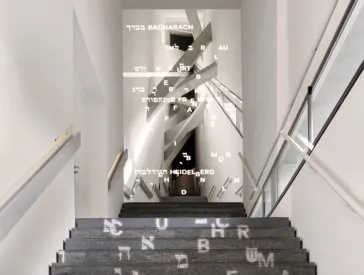
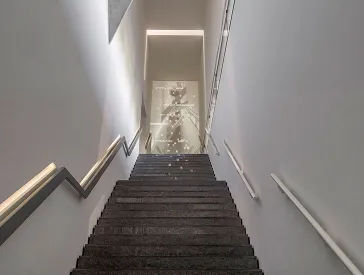
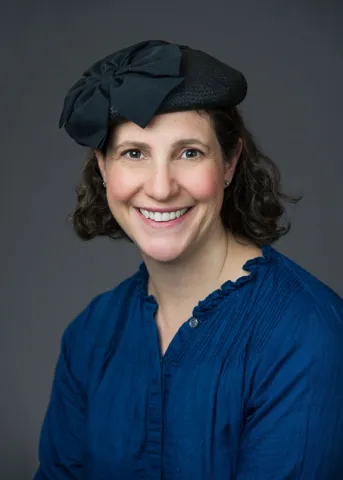
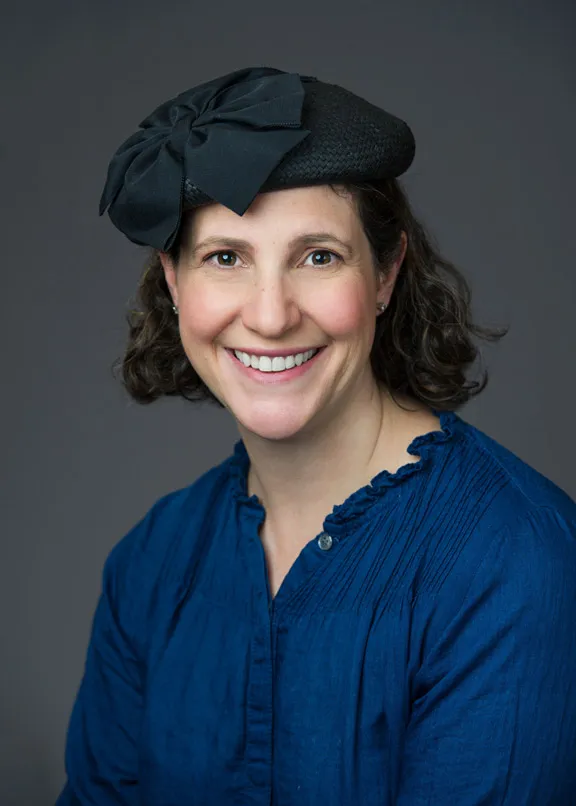 X
X
